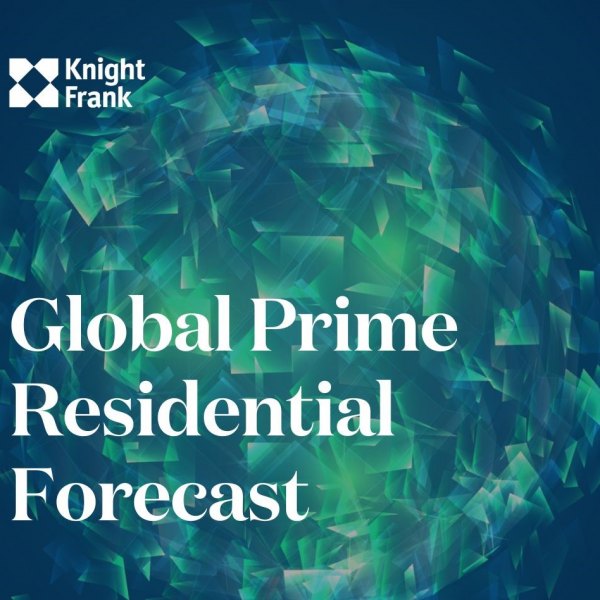Investing Across Borders

While staying with some relatives in Norway a number of years ago, I heard one of them state over dinner, “Borders? I have never seen one but I heard they exist in the minds of some people.” His name was Thor Heyerdahl, explorer and archaeologist, famous for his oceangoing adventures between 1950 and 1970 with the balsawood raft Kon-Tiki as well as the papyrus boats Ra I and Ra II.
Our clients see no borders. They invest internationally with increasing frequency, exploring different lifestyles and cultures, many viewing national borders merely as an administrative concept. Whereas in the past it was a privileged few who either financially or linguistically could maintain residences in other countries, today it is an option open to many. The trend for cross-border real estate investment in the residential sector has taken off in earnest in the past decade and is experiencing ongoing growth. This trend is generally characterized by a distinct preference for locations benefiting from a clement climate, leisure opportunities, easy access by air, and a stable political and economic situation.
The introduction of the Euro - eliminating currency risk - as well as passport-free travel within many of the European Union member states, has created the framework for continued growth in cross-border real estate investment in Europe. Facilitating international travel, there are some 80 low-cost airline operators in Europe alone with passenger numbers having grown from 47 million in 2003 to an estimated 105 million in 2005. These airlines serve small regional airports not covered by the national carriers and provide access to more than 200 destinations. This makes a second or third home a practical possibility for many people.
There are opportunities for buying real estate “abroad” starting at US$60,000 which in Bulgaria—an increasingly popular destination with English and Russians—will buy you a three-bedroom house with a sizable garden within walking distance of a beach on the Black Sea. Visiting Palm Beach, Tuscany, Algarve on the Portuguese suncoast, Phuket in Thailand, Cape Province in South Africa, the Suncoast in Australia, or Knightsbridge in London, you will find many people of different nationalities having made these destinations the location of their secondary or their future retirement residences.
We should not refer to a nondomestic market as foreign. It is not It is the home-market for one of your colleague affiliates and therefore, by association, it is an extension of your own market. Our clients normally do not view international markets as foreign; that would imply something alien, opaque, or threatening. International buyers will categorise markets as domestic and international.
With the rapidly expanding network of Christie’s Great Estates affiliates around the world and our targeting of new emerging markets, the importance of the network is increasing continuously. The value of our network for our existing clients as well as the potential of attracting future is enhanced, as we are able to project our services and delivery capabilities in more and more locations.
We are all experts in our respective individual local markets, having the benefit of being so within a global context. We are able to credibly assist and advise directly or indirectly in more than 135 markets worldwide—few, if anyone, can match that.
To return to where we started: There are no “borders” in our clients’ minds or market targeting, nor should there be any “boundaries” in our assisting them in realizing their dreams and ambitions for investing in various international markets. Our opportunities are global and they are here now.
Article by Joachim Wrang-Widén, Real Estate Director, Christies Great Estates
Diana Morales, 19 Dec 2005 - Intelligence
Related Articles

Latest world economic news for 2024
4 min. read · Pia Arrieta

The Wealth Report 2024
2 min. read · Pia Arrieta

Knight Frank’s Global Prime Residential Forecast 2024
2 min. read · Pia Arrieta

Knight Frank Luxury Investment Index: Home is Where The Art is
3 min. read · Mar Poza